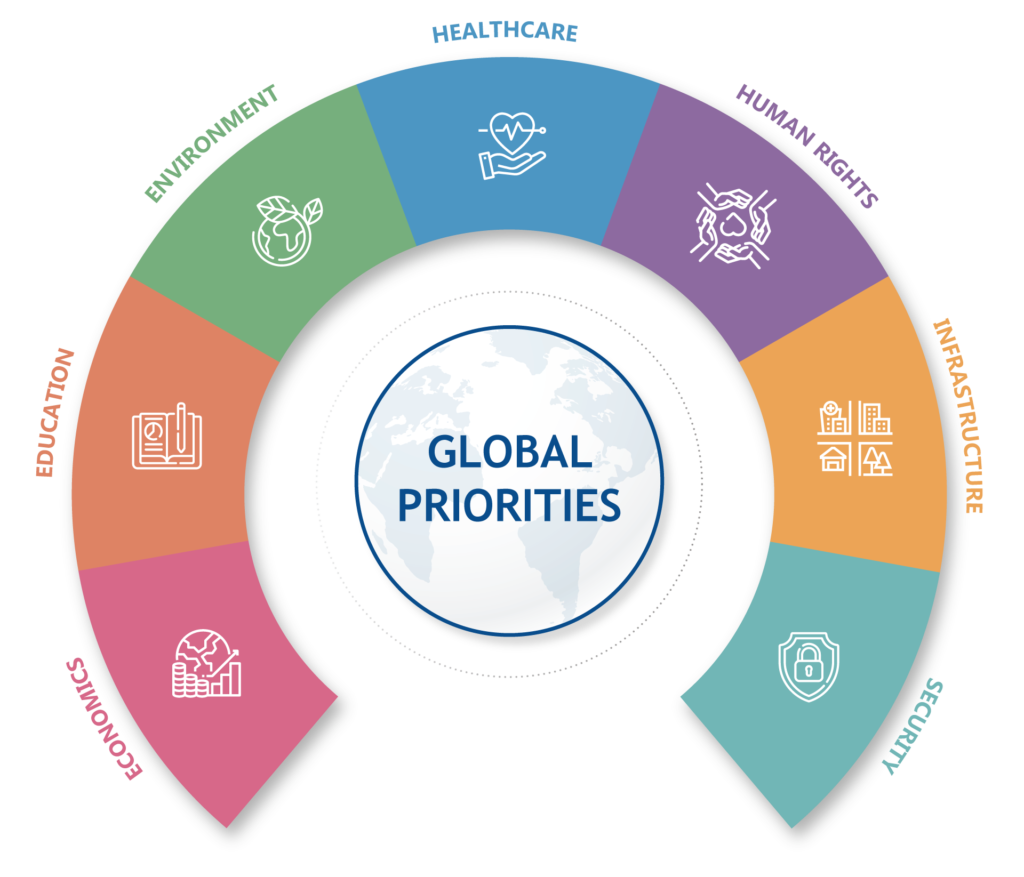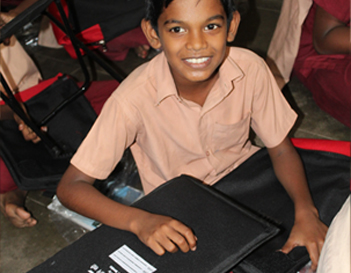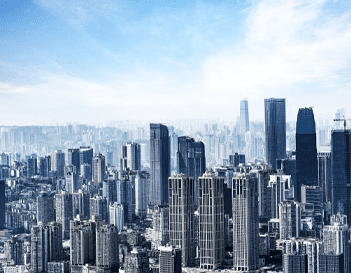There is no 'Planet B'
It’s Time to Act Now!
What are Global Priorities?
Significant challenges exist in the realms of education, environment, economics, healthcare, human rights, infrastructure, and security. The institutions who are traditionally mandated to take on these global challenges suffer from structural inefficiencies to an immobilizing degree. FSI has identified 7 global priorities that need to be addressed in order to create a better world. The Institute takes a scientific and research based approach to help identify gaps, ask the right questions and strategically collaborate to find solutions by accelerating innovation to zero.

Global Priorities

Economics
Along with economic prosperity, the transformational forces of globalization and technological advancement have given rise to income inequality in developed as well as emerging markets. Reducing extreme economic inequality and mitigating its polarizing effect is likely to be one of the greatest global challenges in our time. But economic gaps have continued to grow as the richest amass unprecedented levels of wealth. The world’s richest 1 percent, own 45 percent of the world’s wealth.
Education
Education is a fundamental human right, however millions of children around the world are denied this right. One out of every five children and youth are out of school and 1 in 4 young people in low-income economies is illiterate implying that they lack the necessary skills to better their living conditions and break the vicious cycle of poverty. Access to education is critical to long term improvements in productivity, demographic transition, preventive health care, the empowerment of women, reductions in inequality and thus sustainable development.


Environment
The environment is the sole factor for the existence of life on Earth. The impact that human activities have on environment around us is undeniable. The rapid depletion of our critical natural resources due to overuse resulting in loss of biodiversity and climate change are unprecedented environmental challenges of our time. In the past decade we have witnessed a surge in natural disasters across regions and extreme loss of life in natural environment, with 27,000 species that are threatened with extinction in 2019 alone.
Healthcare
Half of the world’s population still lacks access to essential health services and increasing number of households are pushed into extreme poverty each year because of the financial distress due to rising healthcare costs. Never before has there been greater need for commitment to improve access to healthcare services—without facing financial hardships—as there is right now. From natural disasters linked to climate change to health impacts of environmental pollution, the world is facing immense health challenges.


Human Rights
Protecting human rights remains the central theme of the contemporary world’s most important challenges. From racial discrimination protests in the US to COVID-19 pandemic sparked debates on affordable healthcare, and from concerns about mass atrocities undermining human dignity to growing debates on climate change and sustainable development –human rights have always occupied the central stage. While the fundamentals of human rights remain unchanged, the emerging challenges are nudging for reinvention of the future of transnational human rights norms.
Infrastructure
Despite the widespread acceptance among governments and private sectors on the importance of infrastructure on continued economic progress, the inadequate provision of critical infrastructure services is emerging as one of the most significant risks to development. Existing physical and digital infrastructures is under stress from population growth and faces challenges from extreme weather and climate change. In a scenario where infrastructure is underdeveloped to meet current needs, communities most vulnerable to climate change face an even greater threat.


Security
As the world around is evolving and becoming increasingly complex and interconnected, the nature of threat to global security is also transforming. The recent rise in protectionism along with nationalism, intensified geopolitical competitions and resurgence of regional conflicts all pose serious challenges to global security. Over the years, the threat of environmental risks aggravated by climate change has been a rising concern for global security. Similarly, in a world of interconnected systems, cyber security has been cited as number one threat to the global economy.
Gallery at a Glance
Economics
Address economic inequality
Education
Inclusive and quality education for all
Environment
Creating sustainable communities
Healthcare
Ensure access to basic level of care and promote well being for all
Human rights
Empower women and achieve gender equality
Infrastructure
Promote sustainable infrastructure
Security
Addressing food security, job and personal security for a better society
